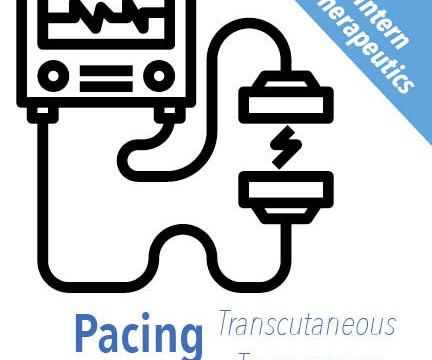Therapeutics: Pacing Through Skin and Vein
Taming the SRU
JUNE 24, 2024
In these patients, with a heart rate less than 50 beats per minute, initiate advanced cardiac life support (ACLS) bradycardia algorithm. Anteroposterior pacer pad position is better than anterolateral for transcutaneous cardiac pacing.” EMCrit 310 – Transvenous Pacemakers. EMCrit Blog.











Let's personalize your content